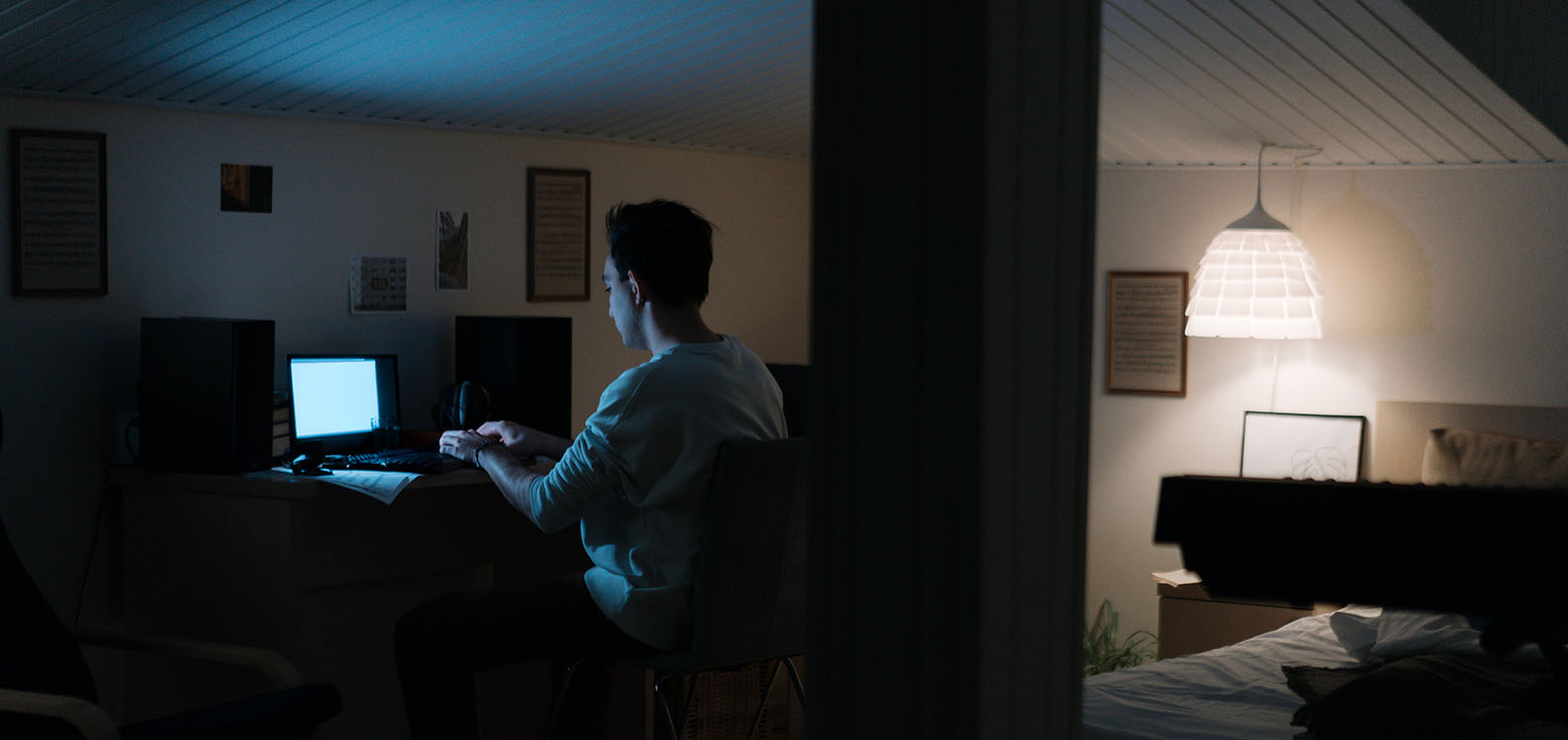
A new study published in The Journal of Sex Research has revealed the complex world of involuntary celibacy, providing important insights into the challenges faced by a growing community of men known as incels.
Incel, short for involuntary celibate, refers to an online community of mainly heterosexual men frustrated by their inability to form romantic or sexual relationships. Some incel forums exhibit alarming levels of misogyny, hate speech, and violence. These behaviours stem from a deep-seated distrust of women and a feeling of victimisation linked to the feminist movement.
The study, which is the first formal investigation of incel mating psychology, explores the psychological aspects of incels' struggles, focusing on their perceived reasons for singlehood, self-perceived mate value, mate preferences, and perceptions of female mate preferences.
Findings from the study, which surveyed 151 incels and 149 non-incels from across the globe, reveal that incels make fundamental errors about what females look for in a romantic partner. They overestimate the importance of physical attractiveness and financial resources, while underestimating the importance women place on intelligence, kindness, humour, and loyalty.
Additionally, contrary to mainstream media narratives, incels have lower standards for partners compared to non-incels and suffer from a variety of mental health issues including severe depression, anxiety, and loneliness. A significant portion of incels also exhibit traits associated with autism spectrum disorder. While the global prevalence of autism is typically 0.62 per cent, a 2022 study found that 18.38 per cent of incels in their sample had a formal diagnosis, and an additional 24.6 per cent displayed symptoms indicative of autism spectrum disorder.
William Costello, lead author of the study and an honorary research associate at Swansea University, said: “This research marks a crucial step forward in understanding the problems incels face and represent in society. Unsurprisingly, incels have a low sense of their own mate value. But interestingly, evidence shows that men are most inclined toward misogyny when they doubt their appeal to female partners and that unwanted celibacy - independent of incel identity - predicts misogyny. The misogyny pervading much of the incel community likely reflects their low sense of mate value. This means that helping incels improve their own mate value and mating prospects would have the added benefit of reducing harmful instances of misogyny.”
Dr Andrew Thomas, senior lecturer in psychology at Swansea University and co-author of the study, said: “Our findings highlight the importance of tailored mental health support for incels as they seem to possess specific, mating-related thinking errors that could impact their interpersonal relationships. These could be targeted using cognitive behavioural therapy grounded interventions to help correct these errors in mind-reading and disrupt the confirmation bias that fuels their toxic beliefs. At the same time, we also found that non-incel single men suffered from similar errors, just not to the same degree, suggesting that such interventions might be useful to singles more broadly.”
For further information, view the full study ‘The Mating Psychology of Incels (Involuntary Celibates: Misfortunes, Misconceptions, and Misrepresentations’ published in The Journal of Sex Research.
